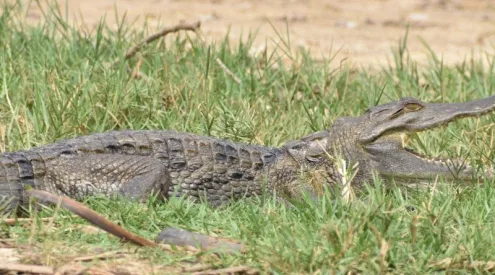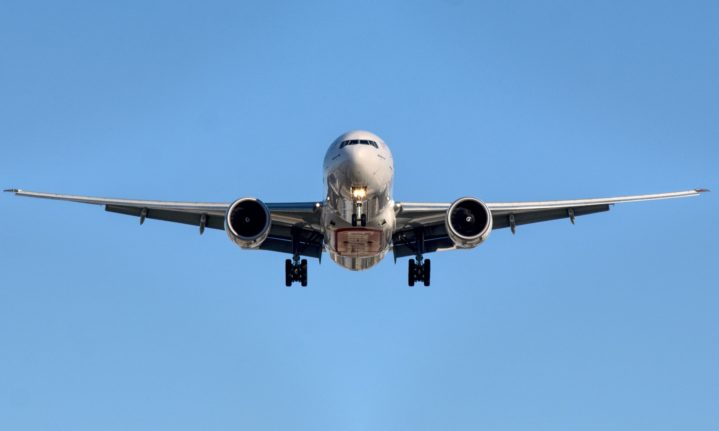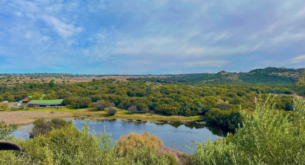South Africa’s borders will reopen to welcome international tourists for leisure travel on Thursday, October 1. The list of countries banned for leisure travel has been released and they include the US and the UK.
Minister of Home Affairs, Aaron Motsoaledi, announced South Africa’s risk categorisation model for international travel, banning some from entering for leisure purposes on Wednesday, September 30.
The countries on the high-risk list are:
- Albania
- Argentina
- Armenia
- Austria
- Bahrain
- Belgium
- Bolivia
- Bosnia and Herzegovina
- Brazil
- Chile
- Columbia
- Costa Rica
- Croatia
- Czech Republic
- Denmark
- Ecuador
- France
- Georgia
- Greece
- Guatemala
- Guyana
- Honduras
- Hungary
- Iceland
- India
- Iran
- Iraq
- Ireland
- Israel
- Jamaica
- Jordan
- Kuwait
- Lebanon
- Luxemburg
- Maldives
- Malta
- Mexico
- Moldova
- Montenegro
- Nepal
- Netherlands
- North Macedonia
- Oman
- Palestine
- Panama
- Paraguay
- Peru
- Portugal
- Puerto Rico
- Qatar
- Romania
- Russia
- Slovakia
- Suriname
- Switzerland
- Ukraine
- United Emirates
- United Kingdom
- USA
- Venezuela
Travellers from all African countries are allowed and must possess relevant travel documents, and will also be screened for COVID-19 symptoms.
The status of the banned countries is not final. Data will be reviewed every two weeks, and categories may change based on the data.
Several strict health and safety protocols will be implemented to help prevent the spread of COVID-19.
All travellers visiting the country will be expected to abide by the regulations which include mandatory wearing of masks at all times, practising social distancing in public spaces, regular washing or sanitising of hands and presenting a negative COVID-19 test result not older than 72 hours from the time of departure
‘The gradual reopening of borders and ports of entry informed by a cautious approach means that a limited number of ports of entry and borders will be opened from 1 October 2020. In reopening these selected ports of entry and borders we will be guided by epidemiological and transmission rates both in South Africa and the traveller’s countries of origin,’ said Minister of International Relations and Cooperation, Naledi Pandor.
‘As Government we will constantly monitor the transmission rates both in the country and the countries of origin and respond accordingly.’
Travellers will also need to provide proof of accommodation address should they need to self-quarantine at the time of arrival in the country.
Should the traveller display any COVID-19–related symptoms or been in contact with an infected person(s), they will be expected to take a mandatory COVID-19 test. This test will be at the traveller’s cost. If the COVID-19 test comes back positive, the traveller will be subjected to a 10 day quarantine at a designated site. The accommodation at a quarantine site will be at the traveller’s cost.
Picture: Unsplash
















